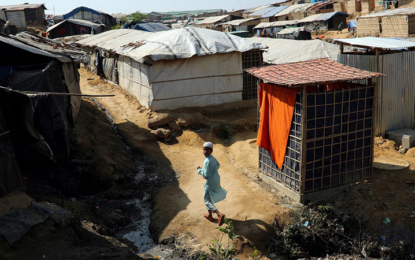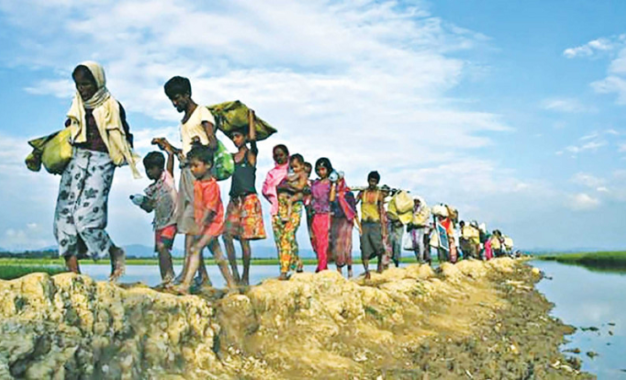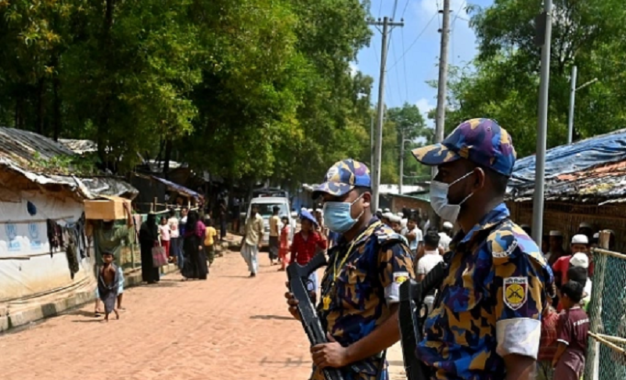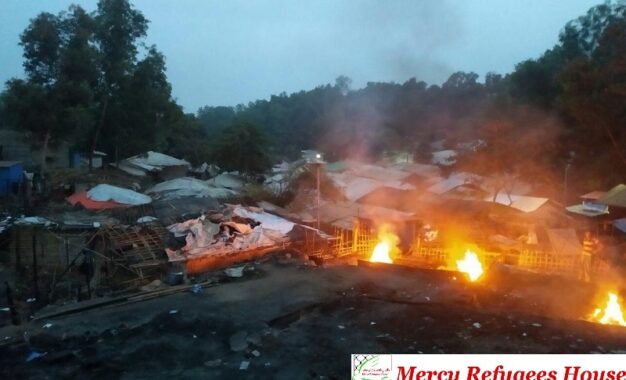Latest News
Myanmar’s military coup prolongs misery for Rohingya in Rakhine
Bangladesh, Education, Help Refugees, Human Rights, Myanmar, Refugees Issues, Religious Rights

In early August, military officials assigned to Rakhine State by Myanmar’s generals summoned leaders from the mainly Muslim Rohingya community in Buthidaung township to a meeting on the banks of the Mayu River.
The officials came with a warning: Rohingya villagers should cut off any ties with the Arakan Army (AA), an armed rebel group fighting for self-determination for ethnic minorities in the country’s northwest.
“Currently we are participating all-together in the AA’s administration … Because the AA is acting with equality and law for all of us,” a Rohingya township administrator in Buthidaung told Al Jazeera, adding that the Rohingya have so far ignored the military’s request.
Amid concern that the political crisis triggered by the February 1 military coup could descend into civil war, and as a ceasefire in the restive northwestern state begins to falter, the country’s oppressed Rohingya minority is looking vulnerable once again.
ALSO READ THIS: FEAR SWEEPS ROHINGYA CAMPS AS BANGLADESH RAZES THOUSANDS OF ‘ILLEGAL’ SHOPS
In November last year, there were mass arrests of Rohingya trying to leave Rakhine, new draconian restrictions on their freedom of movement, and intimidation from military officials about the dangers of collaborating with the AA, which mainly represents ethnic Rakhine Buddhists.
“Currently our township is stable, but we don’t know when fighting will start so we are always living together in fear,” said a 47-year-old Rohingya resident of Buthidaung, who asked to remain anonymous for fear of arrest.
It has long been illegal for Rohingya to travel outside of the state, with those who breach the rules risking a two-year prison sentence. But the deteriorating situation means more are trying.
In late November, the Myanmar navy seized a boat near the state capital, Sittwe, that was travelling from Maungdaw to Malaysia, arresting the more than 200 Rohingya who were on board, including 33 children.
Amazon Sponsorship
Recent Posts
Jul 29, 2023
It has been close to six years since hundreds of thousands of Rohingya faced a deadly genocide by Myanmar’s military and fled the country in search of protection and refuge in neighbouring Bangladesh. The Rohingya population has been undergoing persecution, discrimination, arbitrary arrests, and atrocities in Myanmar for over seven decades. Their condition is alarmingly […]


















